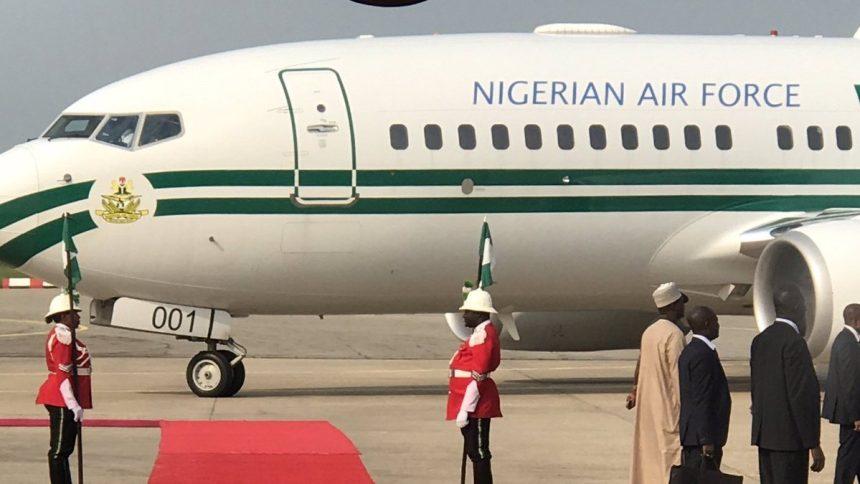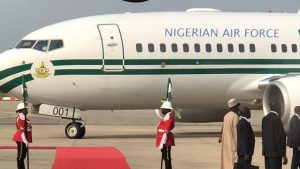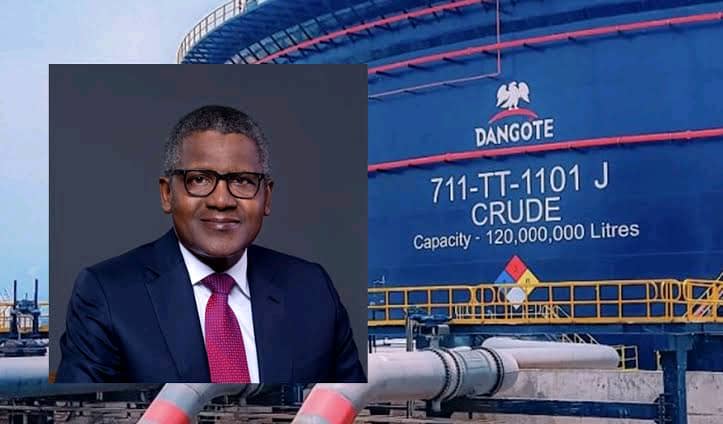Renewed Hope: Presidential Jets Suck N26.38bn in 18 Months Under Tinubu


The Federal Government has spent approximately N26.38 billion on the Presidential Air Fleet within the first 18 months of President Bola Tinubu’s administration. This significant expenditure has raised concerns about the high cost of maintaining executive air mobility amidst calls for austerity.
An analysis of spending records from Govspend, a civic tech platform tracking government expenditures, revealed disbursements were made between July 2023 and December 2024 for operational and logistical upkeep.
Between 2016 and 2022, former President Muhammadu Buhari allocated N81.80 billion for the Presidential Air Fleet’s maintenance and foreign trips.
This amount includes N62.47 billion for operation and maintenance, N17.29 billion for foreign and local trips, and N2.04 billion for other related expenses.
The Presidency maintained 10 aircraft during this period. Industry experts attribute the substantial costs to the naira’s weakness against the dollar, as aviation spending is dollar-denominated.
Some experts believe the Presidency operates a large fleet, contributing to the high costs. According to Govspend, funds were released in multiple batches under President Tinubu, with significant outflows concentrated between April and August 2024.
The first major disbursement was N846.03 million for “presidential air fleet forex transit funds” in July 2023. Subsequent releases included N674.82 million, N2 billion, N387.6 million, and N713.22 million.
In the fourth quarter of 2023, a notable release of N1.26 billion was recorded. The year 2024 began with substantial disbursements, including two separate releases of N1.27 billion each in March. A single transaction of N5.08 billion was recorded on April 23, followed by N2.43 billion and N1.27 billion on May 8 and May 11, respectively.
The payments continued through the final quarter of 2024, with August alone accounting for over N5.6 billion in fleet spending.
Experts have raised concerns about the fleet’s operating costs, citing both operational and geopolitical factors. A former senior official at Nigerian Airways noted that maintaining a diverse fleet of aircraft complicates logistics and increases expenses.
Aviation expert Group Capt John Ojukutu criticized the size of the Presidential Air Fleet, calling for a significant reduction in the number of aircraft.
He argued that the high cost of maintenance may be due to the fleet’s size, which he described as excessive. Ojukutu suggested the president and vice president should have no more than four aircraft at their disposal.
Ojukutu questioned the frequency of major maintenance procedures on the fleet, noting that commercial airlines only conduct such checks after significant flight hours.
He also suggested the National Assembly could share two aircraft with the presidency. “Ten aircraft in the presidential fleet is too many for a country like Nigeria,” he insisted.
The Presidential Air Fleet, managed by the Nigerian Air Force, is responsible for transporting the President, Vice President, and senior government officials. Despite its strategic role, the cost of maintaining the fleet has been a subject of public scrutiny and criticism, particularly given Nigeria’s fiscal pressures and rising debt service obligations.




